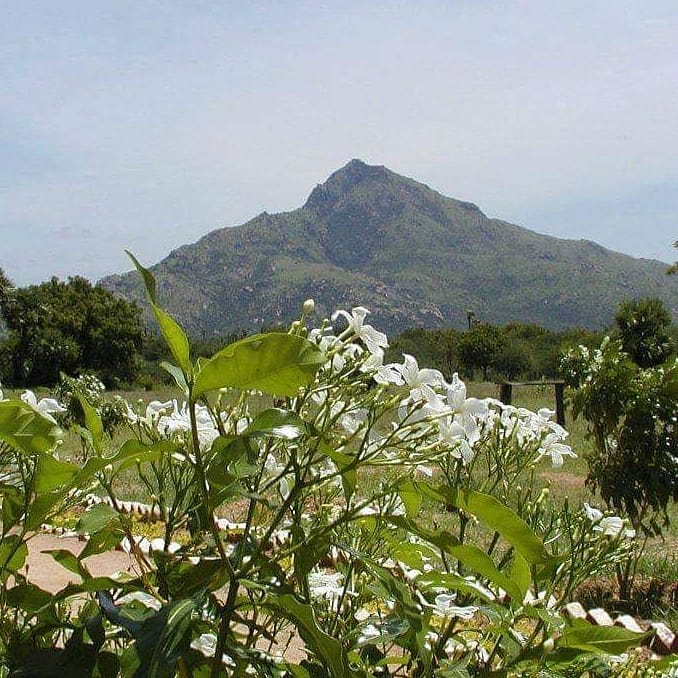The Prophet’s Journey: Life and Teachings of Mohammed
Early Life in Mecca
Mohammed was born in Mecca around 570 CE. He came from the Quraysh tribe and was orphaned at a young age. As a young man, he worked as a merchant and gained a reputation for honesty, earning the title “Al-Amin” (the trustworthy).
Divine Revelation and Prophethood
At the age of 40, Mohammed reported receiving his first revelation from Allah through the angel Gabriel in a cave on Mount Hira. This marked the beginning of his prophethood and the foundation of Islam.
The Hijra and Establishment of Islam
Facing persecution in Mecca, Mohammed and his followers migrated to Medina in 622 CE, an event known as the Hijra. In Medina, he established the first Islamic state and continued to receive revelations that would later form the Quran.
Core Teachings of Mohammed
- Monotheism (Tawhid):
Mohammed preached strict monotheism, declaring Allah as the one and only God. - Prophethood:
He proclaimed himself as the final prophet in a line of prophets including Abraham, Moses, and Jesus. - Day of Judgment:
Mohammed taught about a final day of judgment when all souls would be held accountable for their deeds. - Charity and Social Justice:
He emphasized the importance of giving to the poor and establishing social equality. - Five Pillars of Islam:
Mohammed established the five pillars: declaration of faith, prayer, charity, fasting during Ramadan, and pilgrimage to Mecca.
Spread of Islam
Mohammed united the Arab tribes under the banner of Islam. Through both peaceful means and military conquests, he expanded the influence of Islam across the Arabian Peninsula.
The Quran and Hadith
The revelations Mohammed received were compiled into the Quran after his death. His sayings and actions, known as Hadith, were also recorded and became an important source of Islamic law and practice.
Treatment of Other Faiths
Mohammed’s approach to other faiths was complex. While he initially sought peaceful coexistence, conflicts arose, particularly with Jewish tribes in Medina. His teachings included both tolerance and calls for conversion or submission.
Legacy and Impact
Mohammed’s life and teachings formed the foundation of one of the world’s major religions. Islam spread rapidly after his death, shaping the cultural, political, and social landscape of many regions.
A Hindu Perspective
From the viewpoint of Sanatana Dharma, we see Mohammed as a significant historical figure who brought about major changes in the spiritual landscape of his time. However, we must also acknowledge that his teachings and methods of spreading his faith often conflicted with the principles of ahimsa (non-violence) and religious pluralism that are central to Hindu philosophy.
While Islam teaches monotheism, Hinduism recognizes that the divine can be approached and experienced in many forms. Our tradition emphasizes the importance of direct spiritual experience and inner realization, rather than adherence to a single prophet or scripture.
Mohammed’s emphasis on social justice and charity aligns with Hindu concepts like dana (giving) and seva (selfless service). However, the forceful spread of Islam and intolerance towards other faiths that occurred in some instances during and after Mohammed’s time goes against the Hindu principle of sarva dharma sambhava (respect for all spiritual paths).
Conclusion
Mohammed’s life and teachings have had a profound impact on world history and continue to influence millions of people today. As followers of Sanatana Dharma, we can appreciate the spiritual fervor and social reforms he inspired, while also recognizing the fundamental differences between our paths.
In the spirit of universal brotherhood, we can seek to understand and respect the followers of Islam, while remaining true to our own spiritual traditions. By fostering dialogue and mutual understanding, we can work towards a world where diverse spiritual paths coexist in harmony.
Nithyanandam. May we all progress on our spiritual journeys with mutual respect and understanding.


